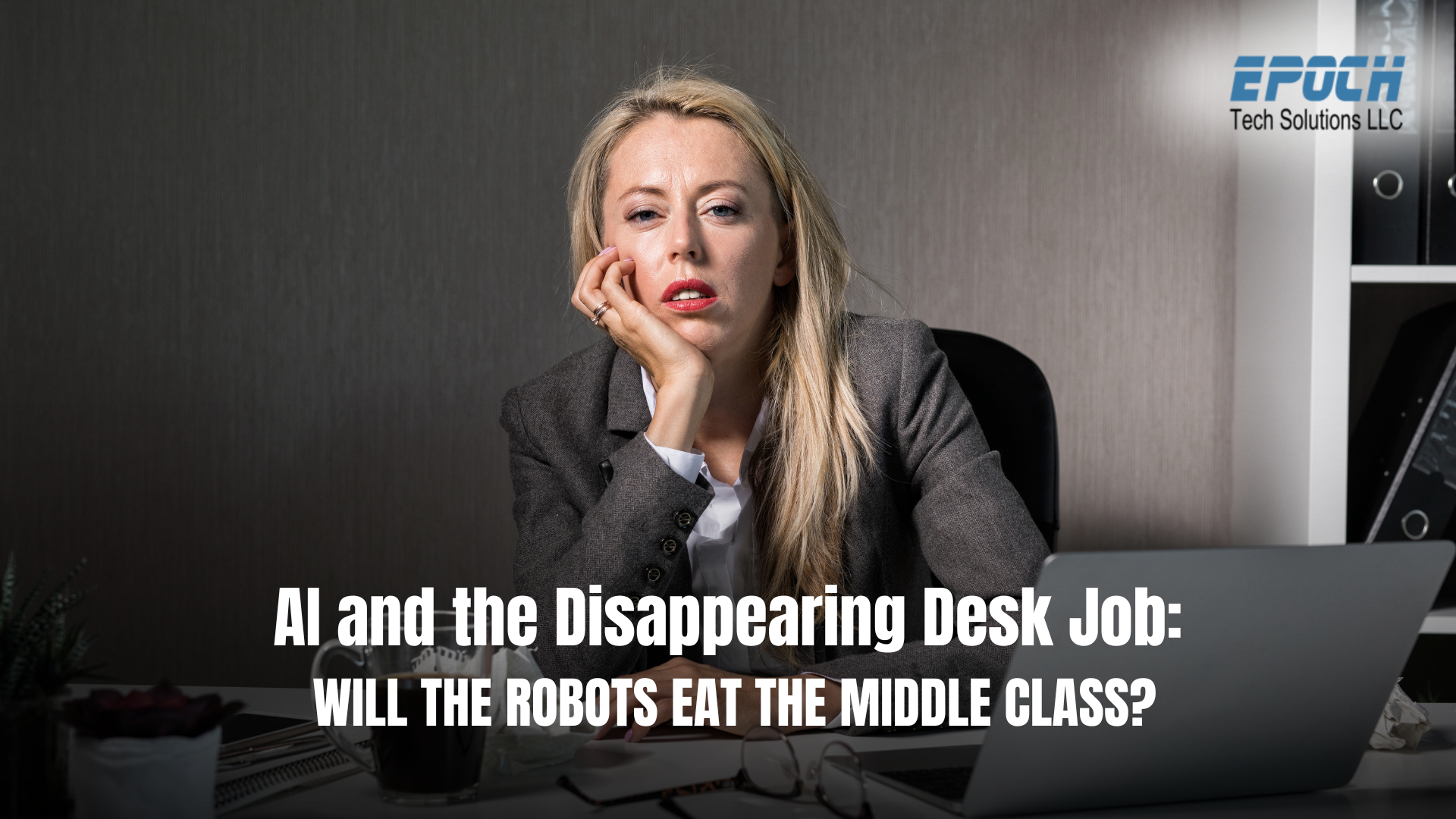
Once upon a deadline, you were the one typing away, answering support tickets, drafting reports, doing the 97th revision of that client proposal. Then suddenly poof AI tools started doing those things faster, with fewer coffee breaks and no existential dread.
Now don’t panic. We’re not talking full-on “Skynet just took out HR” just yet. But in cubicles, kitchens, and corner offices across the globe, the question is getting louder:
If AI is the new intern, assistant, analyst, and content creator what exactly is left for us?
AI isn’t just reshuffling the workforce, it may deepen economic fault lines.
Like every major tech revolution, the benefits won’t be handed out equally. Those with access to education, upskilling, and capital move up. Others? They’re left watching the escalator rise.
An insurance startup in Ontario replaced manual claims entry with an AI-powered form system. Result? Processing time dropped 70%, employees were re-assigned to customer care, and nobody missed the Excel spreadsheets.
One creative agency handed over social media scheduling, analytics, and even first-draft content to AI. The result? Efficiency jumped, but so did internal friction designers and writers worried about job security. It sparked a hard but necessary internal pivot toward strategic roles.
When OpenAI CEO Sam Altman told a room full of finance leaders that entire job categories would disappear, it wasn’t a horror flick it was just Tuesday.
"There are entirely new classes of jobs that will come, and largely, I think this will look somewhat like most of history: the tools people have to do their jobs will let them do more."
—Sam Altman, CEO of OpenAI
Translation? The world won’t stop spinning. But you might need to switch careers, again.
We’ve entered the age where AI is no longer just a buzzword it’s a business strategy. But it’s also a warning bell: we need to train differently, hire differently, and think bigger than “this tool saves time.”
Because this isn’t just about tech. It’s about people, purpose, and whether the future of work feels like opportunity or a game of musical chairs where someone unplugged the music.
If you’re a business owner, entrepreneur, or manager AI won’t replace you. But someone using AI just might.
Whether it’s rethinking workflows, preparing your team for hybrid roles, or integrating AI ethically and efficiently, the winners in this next chapter are the ones who adapt.
And the smartest ones? They get help.
Contact Epoch Tech Solutions today for a free consultation.
Let’s build a future where your team isn’t left behind—but leading the charge.
Hashtags:
#community #epochtech